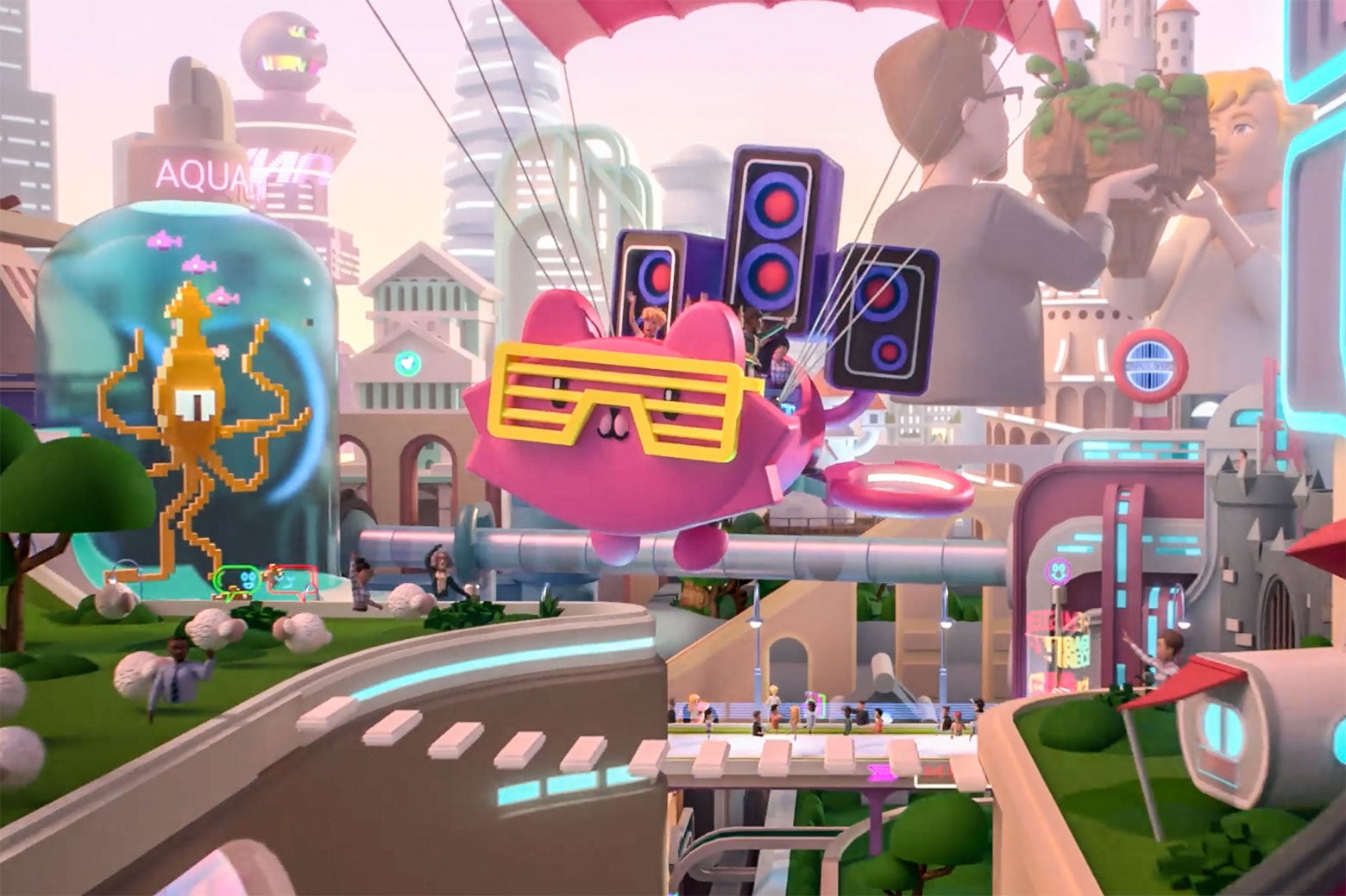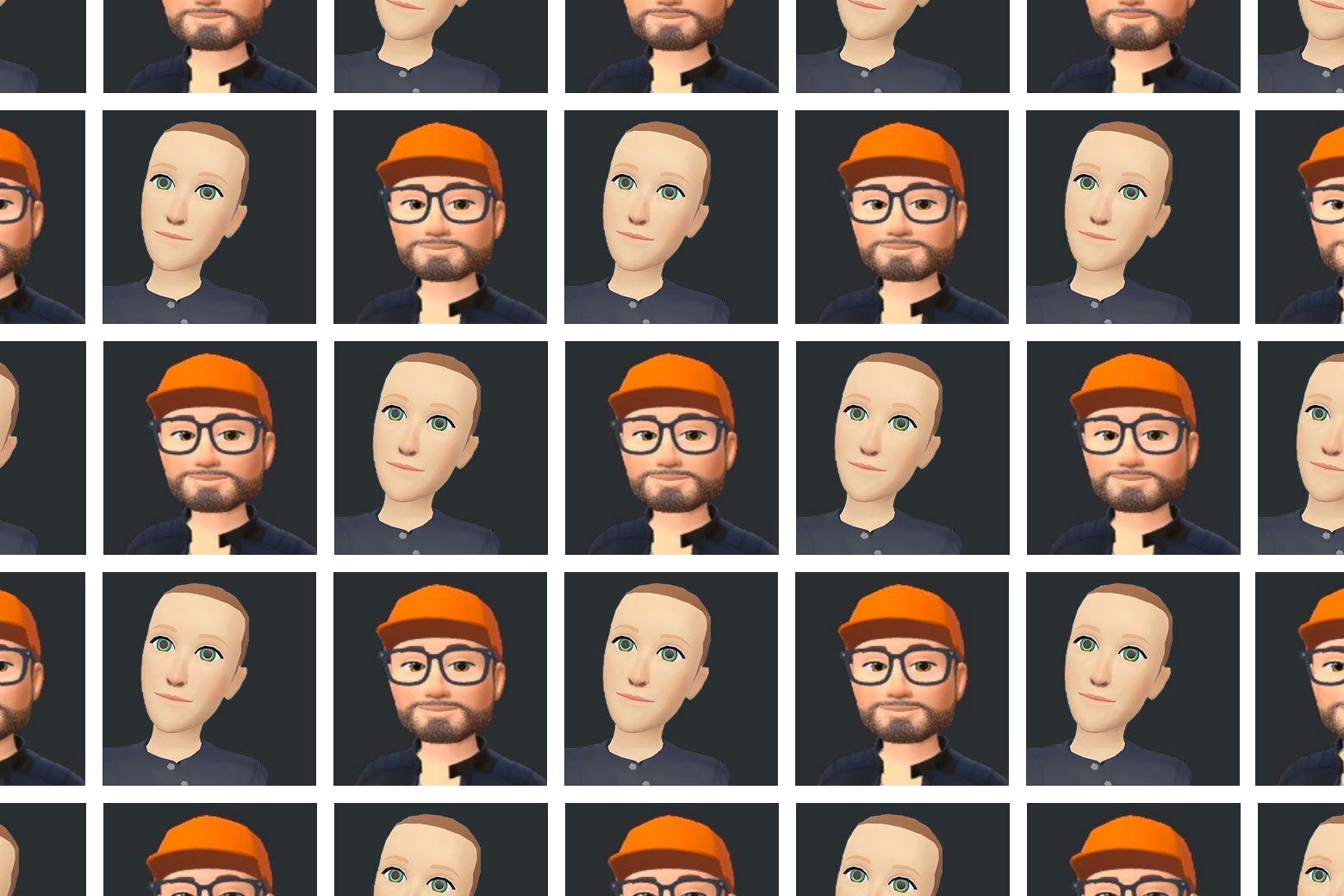About a month ago, I found myself suddenly out of work (R.I.P. Desus & Mero on Showtime, gone to that big premium cable network in the sky). After eight-plus years working steadily for late-night comedy shows, I was ready for a period of renewal, reflection, and exploration, an Eat, Pray, Love journey but for someone who is largely agnostic and happily married. Unfortunately for my plans (but fortunately for our income) my wife accepted a new full-time job just as mine ended. Unwilling to leave her alone as both breadwinner for our household and caretaker to our elderly pug while I traipsed the globe dodging various pandemics, I committed myself to more of a Snack, Stress, Snuggle sabbatical. I spent my days catching up with friends, making (OK, ordering) dinner, and enjoying movies and TV shows I’d been casually pretending to have seen for the past two decades. It turns out Big Trouble in Little China is as good as I’ve always quietly agreed it is!
I loved my cozy domestic life, but I still felt plagued by wanderlust. It was then that a beacon of light punctured the doldrums of my unemployment: this picture of “Mark Zuckerberg” visiting “the Eiffel Tower” and “La Basílica De La Sagrada Família” in the so-called metaverse, specifically his company’s Horizon Worlds app. Until that moment, I’d considered myself fairly metaverse-averse. Sure, I love the idea of taking a brief step outside of my daily routine; reality is, in many ways, awful. But Facebook spent a reported $10 billion dollars on metaverse technology and changed its name like a nerdy high school student switching districts, and the results have been … unimpressive, to say the most.
The quality of Zuck’s “European” “selfie” is, in a word, nonexistent. It looks like a frame from a language-learning program for elementary school students in 1998. Je m’appelle Mark, the image practically honked at me. Some people have proposed that metaverse technology could expand the scope of experiences for people with disabilities. But … not like this, right? How does this augmented reality, in its current form, improve upon the ones we already had access to through Club Penguin, SimCity 2000, or psilocybin mushrooms? And if this is simply a rough draft of virtual reality, why is it being pushed down our throats? Would Mark Zuckerberg also feed a dinner guest a half-cooked piece of salmon to show off the existence of said salmon? For Facebook (I mean Meta, aka the “Topher” of corporate rebrands) to have invested so much in this technology signals to me that either 1) the company is run by total rubes or 2) there is a lucrative and evil utility to the metaverse that has not been revealed to us normies yet. Given Meta née Facebook’s history, I’m guessing it’s the second option.
(Zuckerberg has since released two marginally more impressive images from Horizon Worlds, as if to say: I can change! I can do better! Don’t give up on me! Please stop throwing my virtual clothes out the window onto the virtual lawn!)
Still, in my current situation, even an ersatz version of reality is better than no escape at all. After all, I was looking for myself, not a photorealistic reproduction of architectural landmarks. “Mark Zuckerberg’s” smooth, weird face and dead green eyes beckoned to me. We all float down here, he seemed to suggest, because the physics in this world can’t effectively simulate walking so the avatars don’t have legs. If Mark Zuckerberg was deluded enough to believe the metaverse was a worthwhile investment, then maybe I too could convince myself it was an effective way to take a mental vacation, if not a physical one. If I couldn’t travel the globe, at least “I” could “travel” the “globe.”
I rummaged through the various gadgets and chargers stored underneath my television set until I found the Oculus I’d received as a gift a few years ago. It was positively bedazzled with dust bunnies, but otherwise functional. I was ready to enter the metaverse (as soon as the device finished charging—the battery was as dead as a Myspace page).
Once the device appeared to be ready, I took off my glasses, strapped on my headset, and dove face-first into the future. I found myself immersed in a large, empty virtual space, a vast warehouse of possibility. The first roadblock on my journey of the mind revealed itself immediately, however: I couldn’t read the text on the Horizon Worlds app’s menus. Apparently I am nearsighted in virtual reality as well as real reality, which seems like bullshit. I took off the headset, put my glasses on, and jumped back into the world that Tron promised me, better equipped for navigation.

To access the Horizon Worlds app, I had to log in to Facebook, which proved tricky not just because I’d forgotten my password but also because the fob you use to point and click at icons and links in the Oculus browser is not optimal for typing. You have to zap each individual letter, like a game of Duck Hunt with slightly better graphics. (In true Duck Hunt tradition, I could even feel my dog snickering at me from the corner of the room.)
I managed to log in to Facebook, which let me download the app, but I still couldn’t get the program to launch. Once again I took off my laser goggles, and using Google Classic (my computer), I discovered the problem: My 2018 Oculus was too old to run Facebook’s current metaverse platform. My portal to the future was, ironically, frozen in the past. And frankly, that is an alternate reality I’d like to visit, a pre-pandemic (and pre-metaverse) era of my life. I felt jealous of my hefty electric face mask for not having to deal with any of the stresses of the present.
Determined to follow through on my “travel” plans, I borrowed a more up-to-date VR headset and logged in to Horizon Worlds. I created an avatar that looked close enough like me to feel representative, but I kept him dressed in the default clothing, which was much cooler than the outfits I wear in RR (reality reality). My avatar also sported a baseball cap by default, and I couldn’t bring myself to remove the hat and replace it with my real-world hairline. Clad in a virtual black bomber jacket over a white V-neck tee and skintight digital pants, I was ready to explore.
The app walked me through a brief tutorial that largely centered on how to operate an in-app wearable wrist device that for obvious business reasons they couldn’t just call an Apple Watch. I was already wearing a whole big thing on my face and holding two controllers in my hands. But sure, why not throw in a pretend fourth interface? I learned how to run and jump within the Horizons Worlds world, which made me wonder if I was going to have to flee some kind of virtual danger, and there was even a lesson in grasping and firing a “gun” that shot colorful balls through targets. Thank goodness for the Second Ametament, I guess. It took me a bunch of wild flailing to figure out which things I was supposed to point and click at and which I was supposed to reach out and “touch.” All of this felt profoundly not relaxing. And, by this point, the loud instructions coming from the Oculus’ speakers had driven my wife out of the actual room where we were both sitting.
I sped through the tutorial, eager to interact with the wider metaverse. The app gave me the option to play games, hang out, and build new worlds myself. Build new worlds? Sorry, Mark Zuckerberg, but you’re not going to trick me into doing construction projects for free while I’m on vacation. I opted for the Hang Out feature, hoping I’d find some chill virtual environs in which I could unwind.
Now, look. I’ve made a lot of fun of this concept so far. But I assure you the experience of navigating Horizon Worlds was by far worse than I’d imagined. Even the Hang Out worlds were full of “puzzles” I was encouraged to solve. (No, thanks!) And the different worlds I could travel to were packed with activities and items that were poorly explained and difficult to manipulate. There was an outdoor stage with no band playing. Was I the band? Or was I supposed to wait around for one to show up? I dipped into a recording studio where I donned virtual headphones that did, as far as I could tell, nothing. In one world called Party House, “Barbie Girl” by Aqua was blaring, and people I couldn’t see were having a loud conversation I had trouble following. At one point I dropped into a polygonal comedy club and quickly fled, mortified. In another world, I wandered past a day-glo cornhole set with no one to play against. As I mentioned before, I have abundant free time these days. But I do not have “throw virtual bean bags at a virtual target” free time.
The overall vibe of Horizon Worlds was a nightclub for video game characters from 20 years ago, like Who Framed Roger Rabbit’s Toontown for the turn of the millennium. I half expected to wander past a shitfaced Mario with an equally drunk Luigi bellowing that he’s better off without the Princess anyway. Horizon Worlds exists in a functional uncanny valley; it lacks the thorough fantasy of an open-world RPG, but it is immersive enough to make it very difficult to drink the seltzer on the table beside me in my actual home. Not to mention, in addition to the discomfort of the device itself, traipsing across virtual worlds made me wildly motion sick. Every 30-minute session left me feeling truly horrendous. As I write this, I took off my Oculus headset almost an hour ago, and my eyes are still having trouble focusing.
I admit, some of these issues may be specific to me. I’m not a frequent gamer, so my learning curve is probably extra steep. But isn’t the whole appeal of something like Horizon Worlds that it’s easy? Doesn’t it promise a frictionless version of our existing universe, providing us immediate access to exotic experiences? If I wanted to learn, I’d ditch the VR experience and read a book, dammit!
Dizzy and frustrated, I shut down the Oculus and left my apartment to search my tangible neighborhood for a real-life snack. The metaverse isn’t for me, or at least it won’t be until by some horrifying twist it becomes the only place you can buy groceries or vote, which I assume is Meta’s endgame. But for now, the whole experience left me in need of a (physical) vacation from my (virtual) vacation.
